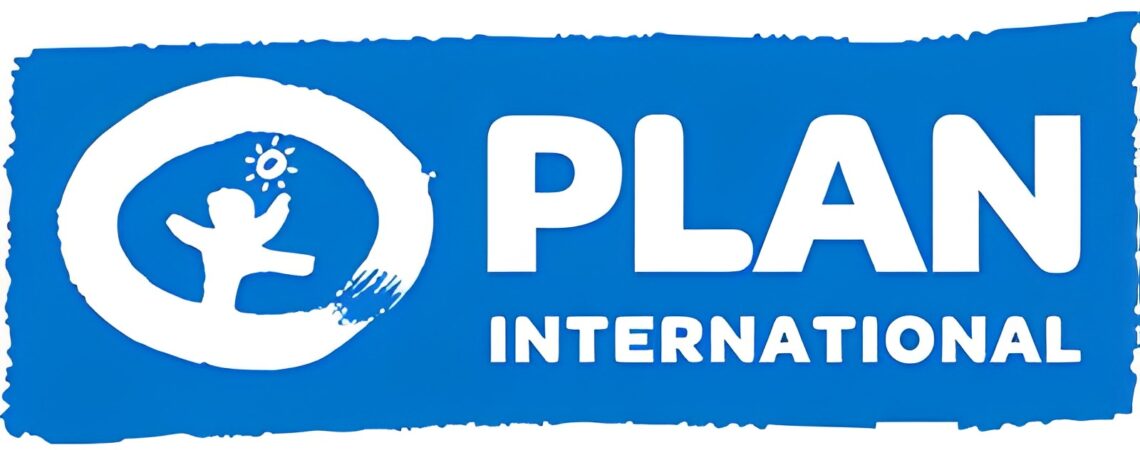
Plan International was founded over 75 years ago with a mission to promote and protect the rights of children. The organisation was set up by British journalist John Langdon-Davies and refugee worker Eric Muggeridge in 1937, with the original aim to provide food, accommodation and education to children whose lives had been disrupted by the Spanish Civil War. Langdon-Davies conceived the idea of a personal relationship between a child and a sponsor – a model that puts the child at the centre, and remains the core of what we do. Today, Plan International is a global organisation that is active in over 70 countries to advance children’s rights and equality for girls. Who We Are We work with communities around the world to end the cycle of poverty for children. We work with communities around the world to end the cycle of poverty for children. Founded over 70 years ago, Plan is a nearly $800 million organization often ranked among the top 10 international development agencies by reputation, size and scope. We work side-by-side with communities in 50 developing countries to end the cycle of poverty for children, developing solutions to ensure long-term sustainability. Our level of community engagement, long-term outlook and constant focus on the needs and priorities of children is unique among international development organizations. Our solutions are designed up-front to be owned by communities for generations to come and range from clean water and health care programs, to education projects and child protection initiatives. Community by community, Plan works to promise futures that are worthy of all children’s potential. Our Vision Our vision is of a world in which all children realize their full potential in societies that respect people’s rights and dignity. Our Mission Plan strives to achieve lasting improvements in the quality of life of vulnerable children in developing countries by: Enabling children, their families and their communities to meet basic needs and to increase their ability to participate in and benefit from their societies; Fostering relationships to increase understanding and unity among peoples of different cultures and countries; and Promoting the rights and interests of the world’s children.
The Opportunity
Plan International’s global strategy has placed an increased emphasis on influencing as a key strategy to achieve the outcomes we seek for children in both development and humanitarian contexts. Humanitarian influencing has a critical role to play to ensure children, and particularly girls, realise their rights before, during and after disasters and conflicts, and therefore makes an important contribution to the implementation of Plan International’s Global Strategy. Emergencies provide an opportunity to call on humanitarian actors, including governments, donors and other agencies, to respond effectively to the needs and rights of children, and especially girls, to deliver on commitments and implement policies. Emergencies can also present a window of opportunity for changing discourse and policy.
As Humanitarian Policy & Advocacy Deployable Specialist, your main responsibility will be overseeing the design and implementation of the advocacy strategy for the humanitarian responses that you are deployed to and ensuring that the aims and objectives of these strategies are implemented according to agreed plans
The Requirements
- Considerable and demonstrable experience in advocacy strategy and messaging development, particularly in humanitarian contexts.
- Proven experience and highly developed skills in policy influencing at the national level with a range of audiences, including experience in conveying complex messages in politically sensitive environments.
- Demonstrable and substantive knowledge of current humanitarian issues and relevant legal and policy frameworks.
- Specific knowledge and expertise on children’s rights and gender in emergencies.
- Demonstrable commitment to gender equality.
- An in-depth understanding of the humanitarian architecture, coordination mechanisms and its various working groups, including experience in influencing within these structures.
- Discretion and sound reasoning in dealing with sensitive matters; ability to independently solve complex and challenging problems.
- Strong interpersonal skills with the ability to work effectively and smartly within a complex organisation balancing consultations and coordination with getting things done.
- Strong networking and negotiation skills.
- Ability to develop and maintain collaborative relationships in a range of cultural contexts
- Experience managing themselves in a pressured and changing environment.
- Adherence to humanitarian values and standards.
- Working proficiency in Microsoft applications and able to effectively adapt to relevant Plan International data systems.
- Committed to actively upholding Plan International’s vision, values and behaviours and policies, including the Say Yes! To Keeping Children Safe Policy.